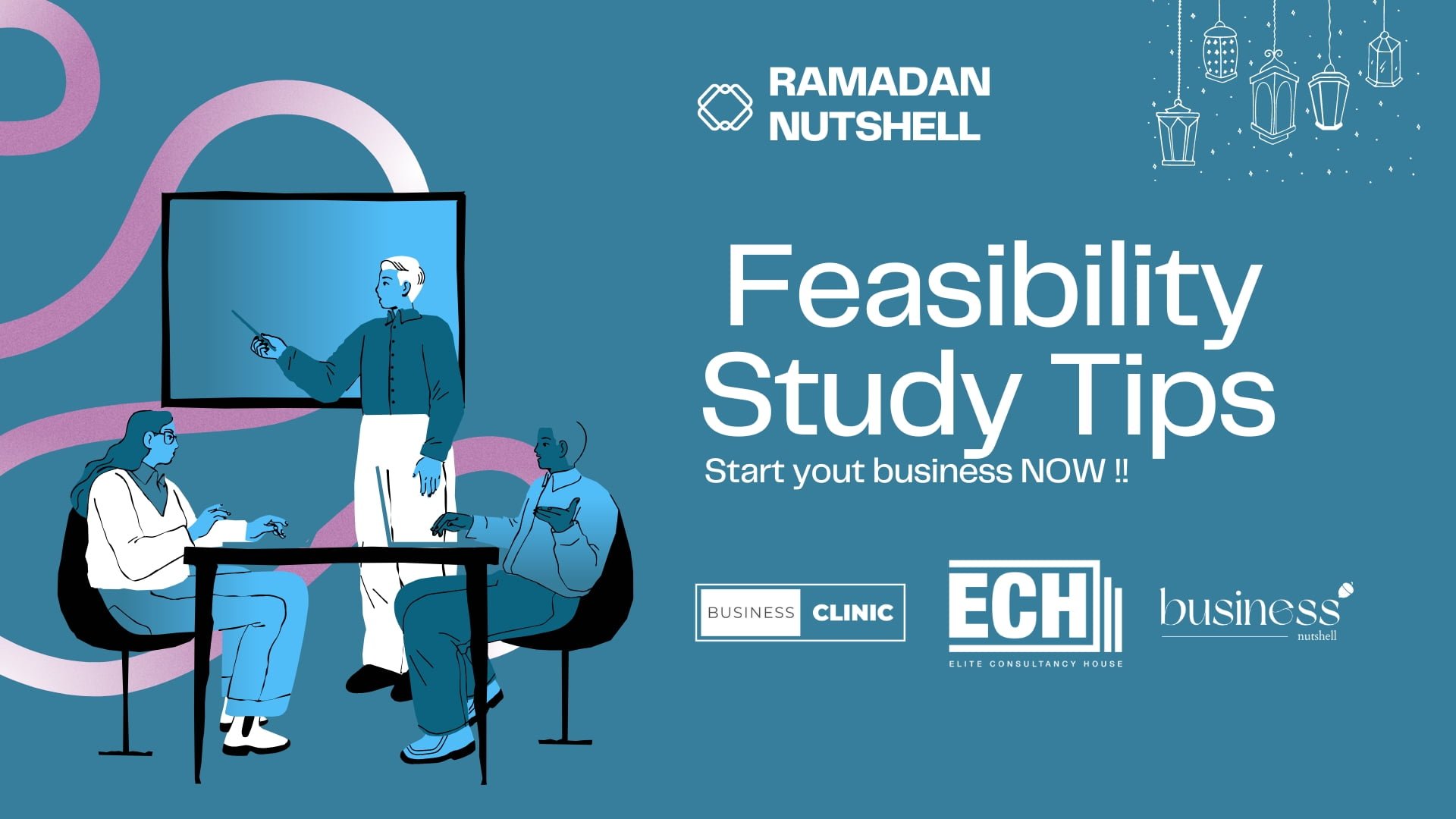A feasibility study is a comprehensive assessment of the viability of a proposed project or venture. It involves analyzing various aspects of the project, such as its technical, financial, and operational feasibility, to determine whether it is feasible and viable. Here are some educational tips to help you create a comprehensive feasibility study:
- Define the project: Clearly define the scope and objectives of the project, including the proposed products or services, target market, and key stakeholders.
- Conduct market research: Gather information about the industry, market, and competition to determine the demand for your product or service, potential customer base, and market trends.
- Analyze technical feasibility: Assess the technical requirements and resources needed to implement the project, including equipment, technology, and expertise.
- Evaluate financial feasibility: Prepare financial projections, including revenue, expenses, and cash flow, to determine the financial viability of the project.
- Consider operational feasibility: Evaluate the practicality of implementing the project, including logistics, management, and staffing requirements.
- Assess legal and regulatory feasibility: Identify legal and regulatory requirements that may affect the project, including permits, licenses, and compliance with government regulations.
- Analyze risks and mitigation strategies: Identify potential risks and develop strategies to mitigate them, such as contingency plans, insurance, or alternative scenarios.
- Prepare a comprehensive report: Document your findings and conclusions in a detailed feasibility study report that includes an executive summary, methodology, results, and recommendations.
By following these educational tips, you can create a comprehensive feasibility study that will help you make informed decisions about the viability of your project or venture.


